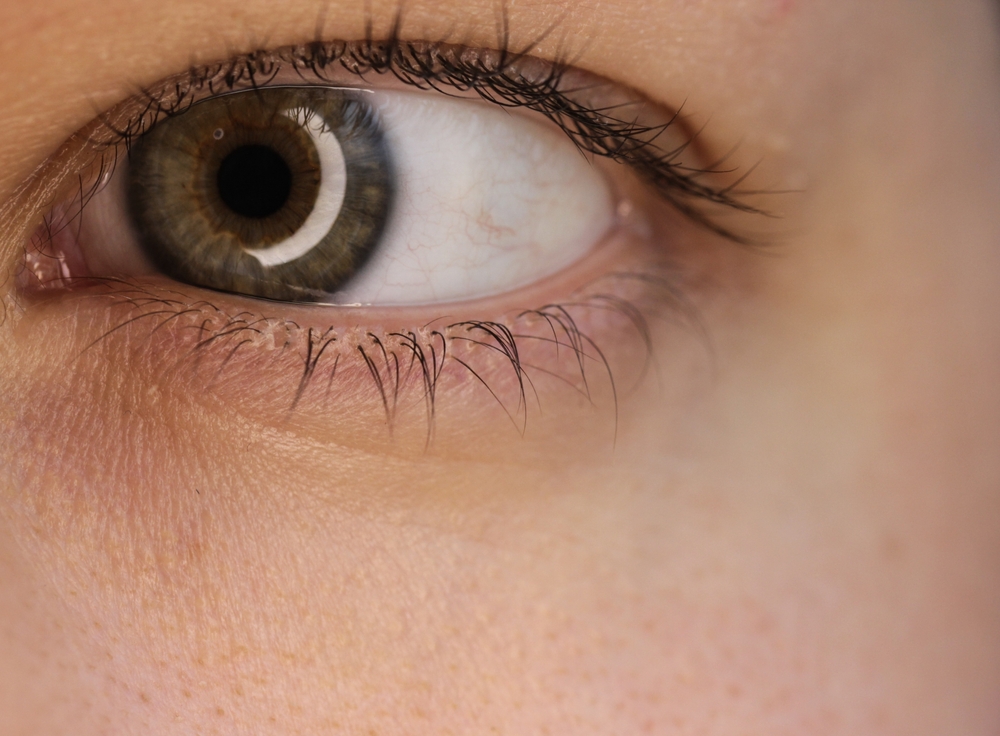
Myopia has become increasingly common in children and adults around the world. While genetics play a significant role in its development, research has shown that daily habits and lifestyle choices can also influence how quickly myopia progresses. The good news is that by making intentional changes and exploring myopia management treatments, you can take real steps toward protecting long-term vision health.
Screen Time and Near Work
Modern life often means hours spent on digital devices, reading, or studying. While these activities are unavoidable, prolonged near work increases eye strain and encourages the eye to elongate, which worsens myopia. Teaching children to take breaks, use proper lighting, and maintain an appropriate reading distance can help reduce strain.
Outdoor Time Matters
Spending more time outdoors has been shown to reduce the risk of developing or worsening myopia in children. Natural light and long-distance focusing outdoors help balance visual development in ways that indoor environments cannot replicate.
Healthy Visual Habits
Small adjustments can go a long way. Following the 20-20-20 rule (every 20 minutes, look at something at least 20 feet away for 20 seconds), setting limits on recreational screen time, and avoiding reading in dim lighting all support eye health.
How Myopia Management Treatments Make a Difference
While lifestyle changes are important, they may not be enough to fully control myopia progression on their own. That’s where myopia management treatments come in. At Eye Clinics of Seattle, we offer advanced solutions designed to slow the progression of nearsightedness and reduce the long-term risks associated with high myopia, such as retinal detachment, glaucoma, and macular degeneration.
Some of the most effective myopia management options include:
• Specialized contact lenses: Options like Orthokeratology (Ortho-K) lenses, which reshape the cornea overnight, and MiSight® daily disposable lenses, specifically designed and FDA-approved to slow myopia progression in children, can be highly effective. Multifocal contact lenses are another treatment that helps control eye growth during the day.
• Prescription eye drops: Low-dose atropine has been shown to reduce the rate of myopia progression in children.
• Comprehensive monitoring: Regular eye exams help track changes in vision and ensure treatments are adjusted as needed.
By combining lifestyle adjustments with personalized treatment, patients have the best chance of slowing myopia progression and preserving clearer vision for the future.
Schedule a Myopia Consultation with Eye Clinics of Seattle
Myopia is more than just a need for stronger glasses - it’s a condition that can affect lifelong vision health. By making proactive lifestyle changes and seeking out effective myopia management treatments, families can take control of myopia progression and protect eye health for years to come.
If your child is struggling with nearsightedness, schedule an eye exam with Eye Clinics of Seattle to learn more about our myopia management options. Contact our offices in Seattle, Washington, located in Queen Anne, Ballard, or Roosevelt, by calling (206) 282-8120 to book an appointment today.





